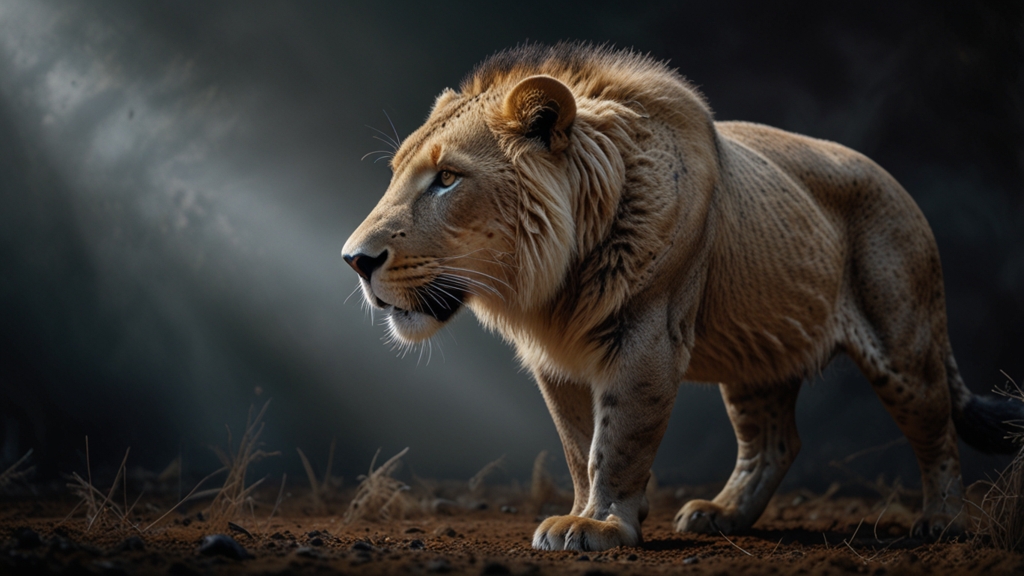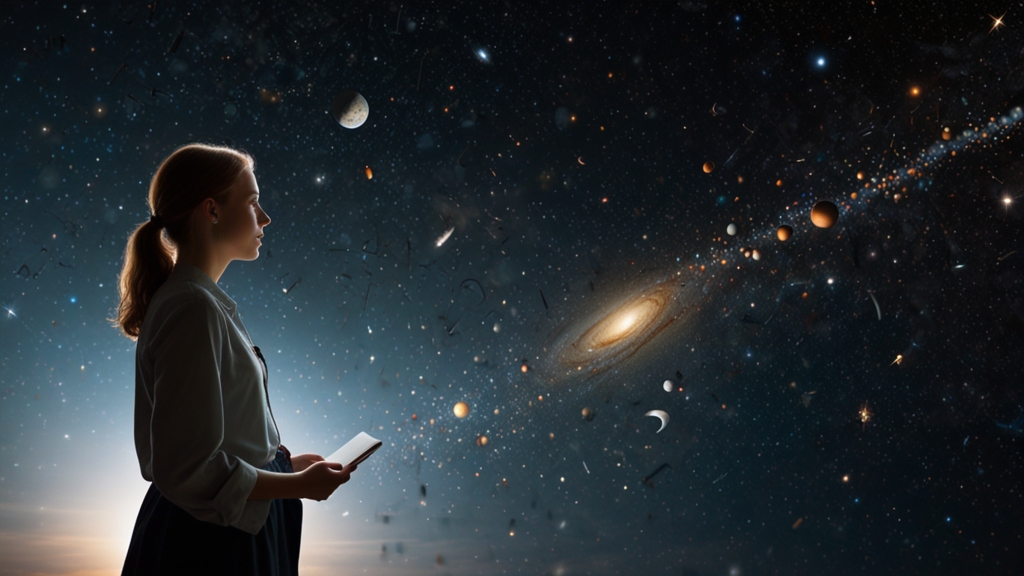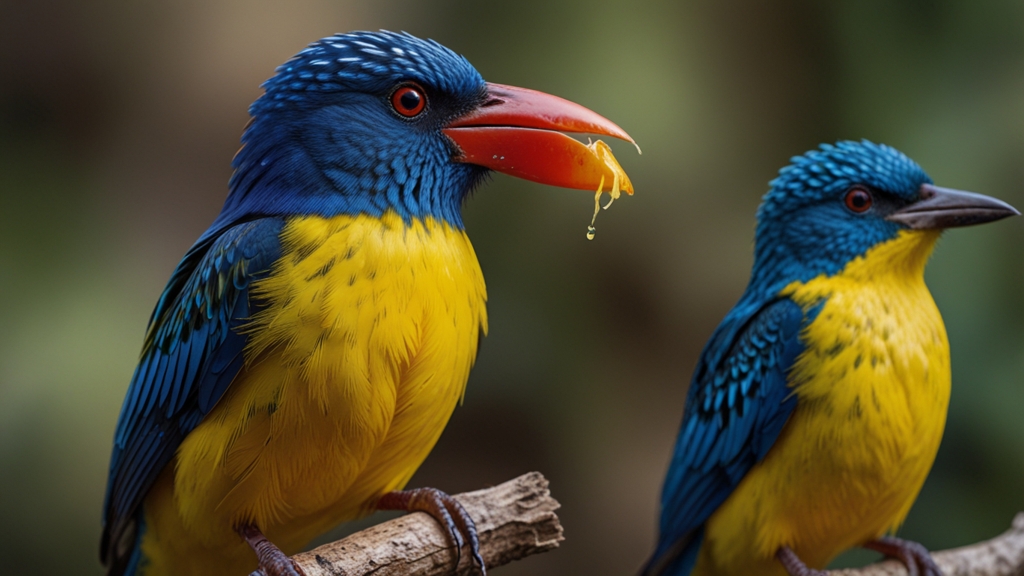What If Science and Creation Stories Aren't So Different?
For centuries, human beings have looked to the heavens and around them to understand the origins of life, the universe, and everything in between. We have two primary lenses through which we view these questions: science and creation stories. At first glance, these two perspectives seem worlds apart. Science is rooted in empirical evidence and testable theories, while creation stories are steeped in tradition, mythology, and faith.
But what if the gap between science and creation stories isn’t as wide as it appears? What if, beneath the surface, they both strive to answer the same existential questions and offer complementary insights into our origins? By exploring this notion, we may find a rich tapestry of understanding that marries myth with evidence, offering a fuller picture of our place in the cosmos.
The Quest for Origins
Both science and creation stories begin with a search for origins. Scientists probe the depths of space and time, seeking to uncover the beginnings of everything through theories like the Big Bang. Similarly, creation stories from cultures worldwide delve into the inception of life, the universe, and humanity.
“In the beginning, God created the heavens and the earth.” (Genesis 1:1)
While the biblical account of creation focuses on a divine entity bringing the universe into existence, it mirrors the scientific quest for understanding the initial conditions that led to the birth of stars, planets, and life itself. Both perspectives seek to answer the fundamental question: where did we come from?
Patterns and Archetypes
One striking similarity lies in the patterns and archetypes found in both scientific and mythological narratives. Many creation stories describe a void or a primordial chaos from which order eventually emerges. This concept is not unlike the scientific understanding of the early universe, which transitioned from a hot, dense state of energy to the structured cosmos we see today.
“In the beginning, there was only darkness and water. Then, from the void, order and creation emerged.” (Ancient Egyptian Myth of Nu)
Archetypes like chaos giving way to order are recurrent themes. Just as mythological tales of a primordial soup can be paralleled with the scientific concept of a primordial little sea where the first life forms may have arisen, these narratives share common ground in portraying a gradual progression from simplicity to complexity.
Moral and Existential Questions
Beyond the physical origins, both science and creation stories delve into moral and existential questions. Where science presents questions of “how,” creation stories often tackle “why.” Why are we here? What is our purpose? While science may not directly answer these questions, it influences our understanding of existence and our place in the universe.
For example, the evolution of species through natural selection provides a mechanism for the diversity of life but also raises questions about humanity’s role within this process. Creation stories, on the other hand, often provide explicit roles and purposes for humans, suggesting a divine or predestined path.
“And God said, ‘Let us make man in our image, after our likeness…’” (Genesis 1:26)
Ultimately, both perspectives enrich our understanding of what it means to be human. By contemplating scientific theories and creation myths, we find ourselves pondering our responsibilities, our ethics, and our very existence in a rapidly expanding universe.
Complementary Narratives
Rather than seeing science and creation stories as conflicting accounts, we might view them as complementary narratives. Science explains the mechanisms and processes that shape our world, while creation stories provide a framework for meaning and moral guidance. Together, they offer a comprehensive understanding of our origins and existence, each illuminating aspects that the other might overlook.
As we move forward in an increasingly interconnected world, embracing the wisdom of both scientific inquiry and ancient storytelling can help foster a more profound appreciation for the mysteries of life. By doing so, we enrich our intellectual and spiritual lives, finding common ground in our collective quest to understand the universe and our place within it.






